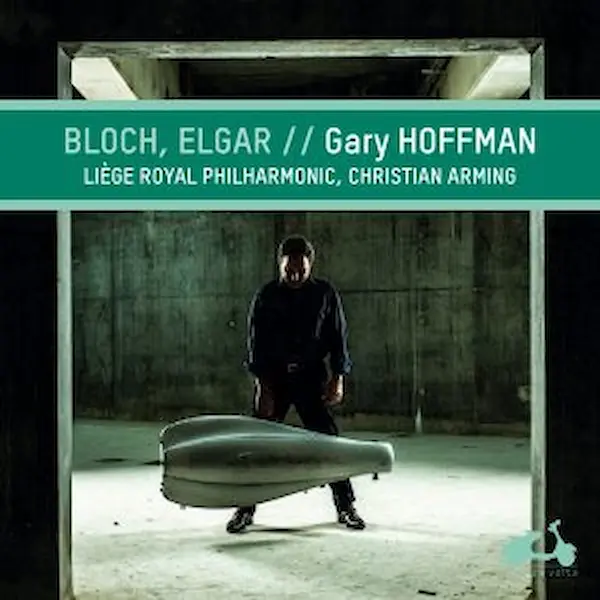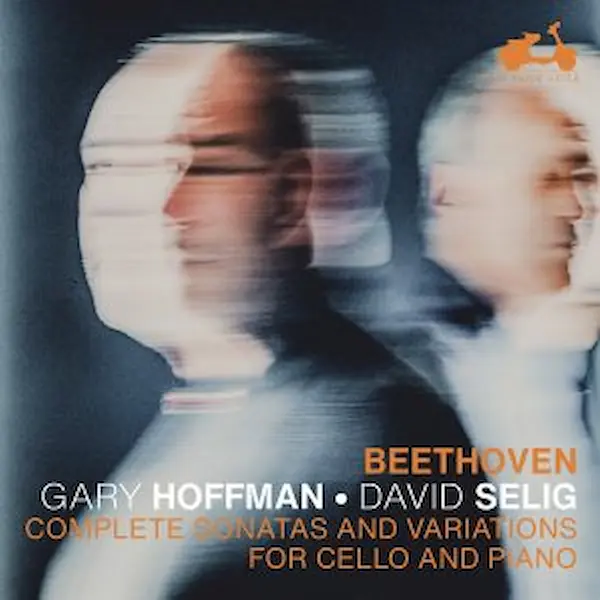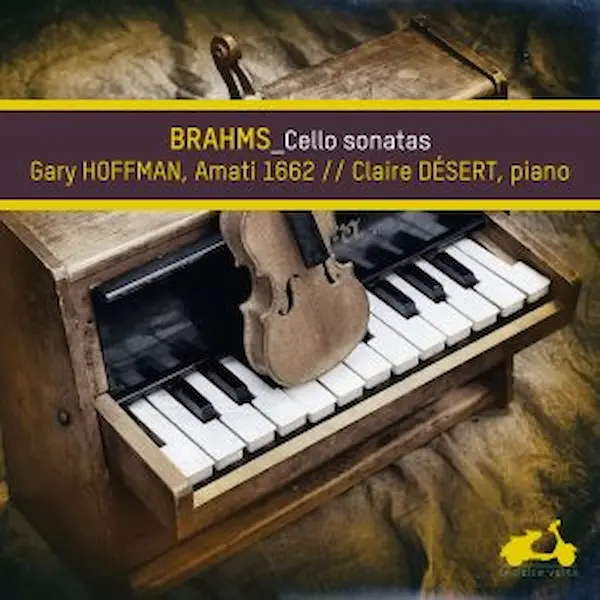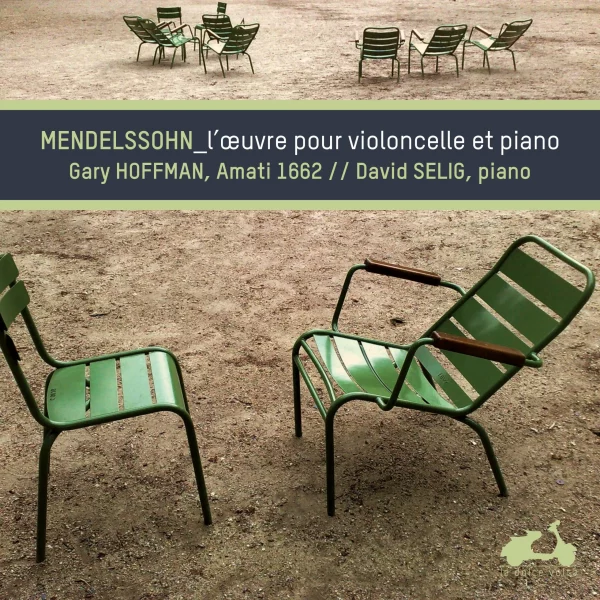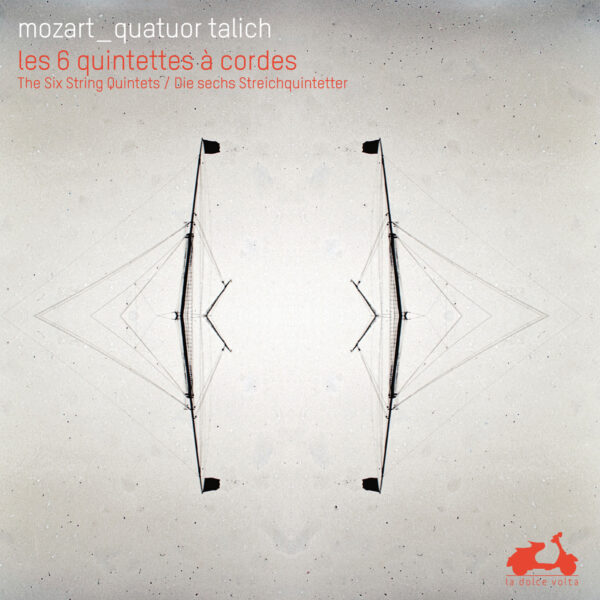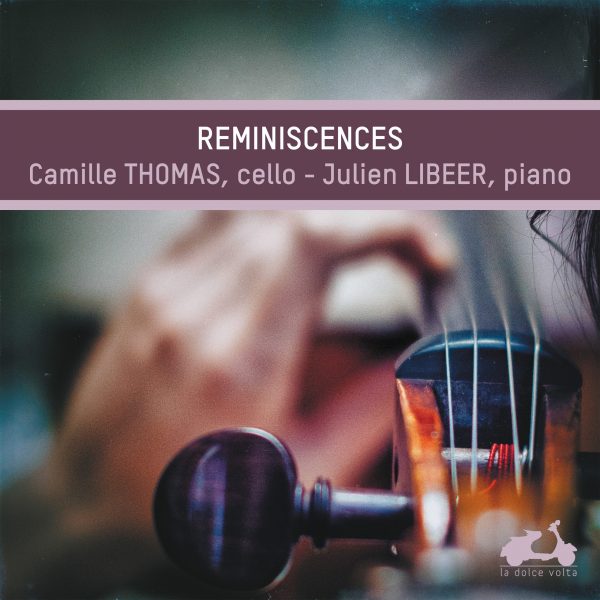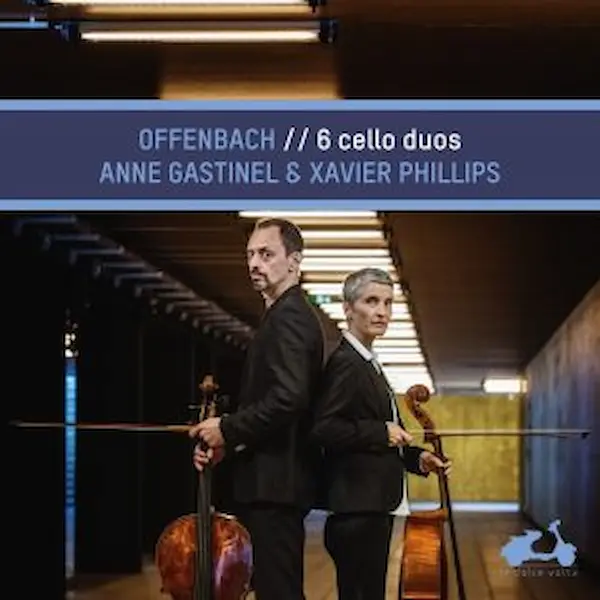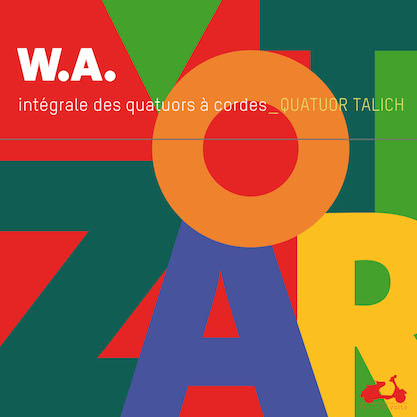Description
We all have engraved in our musical memories Jacqueline du Pré’s exceptional performance of the fervent and passionate Cello Concerto composed in 1919 by Edward Elgar at the age of sixty-two. Her interpretation undoubtedly helped to propel this authentic and singular masterpiece beyond the exclusively English sphere. But there is also good reason to acknowledge that over time other instrumentalists have presented their own often magnificent but quite distinct readings.
This is demonstrated once again by the performance of Gary Hoffman with the Liège Royal Philharmonic Orchestra under its conductor Christian Arming. Here is an interpretation outstanding for its musicality and warmth.
In Bloch’s Schelomo, Gary Hoffman and Christian Arming detail the score with an almost improvisatory flexibility and sensuality: a great success! This is an ideal opportunity to (re)discover the music of Ernest Bloch, who affirmed his Hebrew roots in his music throughout his life.

